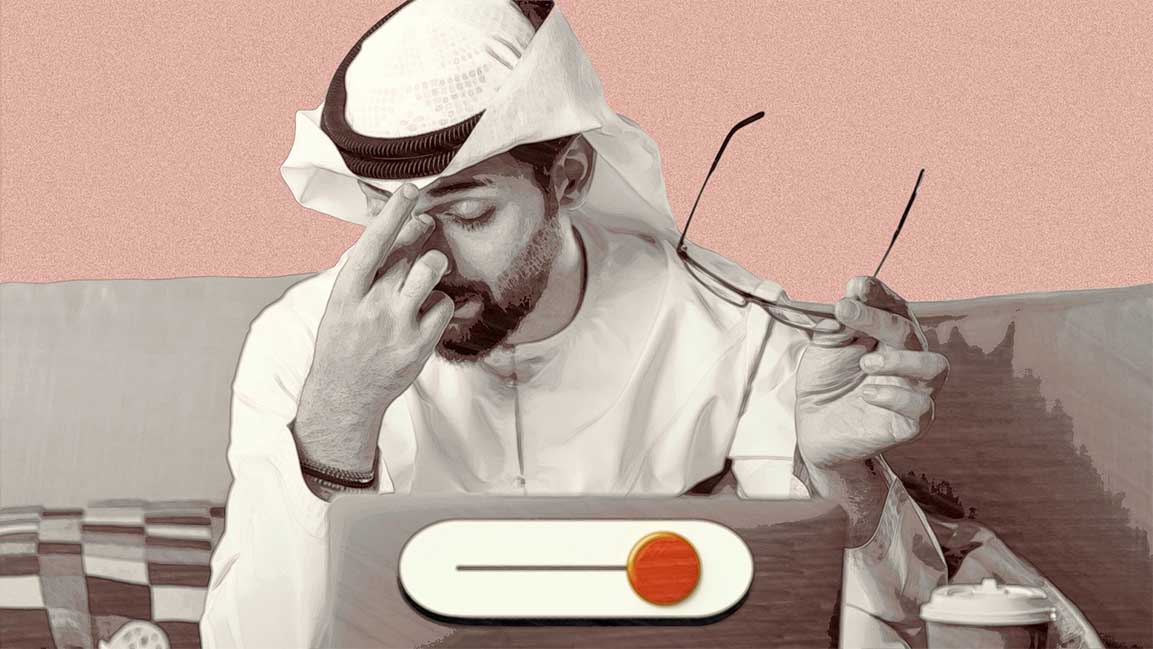- | 12:00 pm
UAE residents struggle with burnout and financial stress, reveals study
32% of UAE respondents reported high vitality levels, almost double the global average.

Despite the UAE’s vitality, there are underlying concerns, as the persistent pressure of rising costs and economic instability contributes to financial stress and burnout among residents.
A recent Cigna Healthcare survey shows that the UAE achieves an exceptionally high “vitality” score, surpassing global averages. However, the study also sheds light on a concerning reality: despite feeling energetic and engaged, many residents face challenges such as burnout, financial stress, and the increasing cost of living.
The survey, spanning 12 countries, assessed eight crucial well-being dimensions: physical health, emotional well-being, and work-life balance. Notably, 32% of UAE respondents reported high vitality levels, nearly double the global average of 17%. Interestingly, women and millennials emerged as the most vibrant groups within the UAE.
However, beneath the surface of high vitality lies a hidden struggle. Nearly 90% of residents reported feeling stressed, with almost all experiencing at least one burnout symptom.
The primary contributor to this stress epidemic is the ‘cost of living crisis,’ cited by 45% of those surveyed, closely followed by personal and familial financial worries. 74% of employees also expressed concerns about the inflationary pressures impacting their ability to maintain good health, with a substantial 77% expressing a desire for increased employer support.
Preferred initiatives among employees to address health-related challenges include private health insurance plans (endorsed by 83% of respondents), flexible work arrangements (supported by 35%), and mental health assistance (acknowledged by 33%).
However, the survey also found a decrease in work-related stress, with more people embracing office environments (61%) and hybrid work arrangements (39%). Additionally, employers and health insurers increasingly offer mental health support, a crucial step in addressing the high burnout rates.
Dr. Shady Habboush, a consultant cardiologist, said the survey showcased the UAE’s holistic approach to health. “The study not only showcases the UAE’s health achievements but also underscores the need for continuous improvement in stress management and mental health support,” he added.































